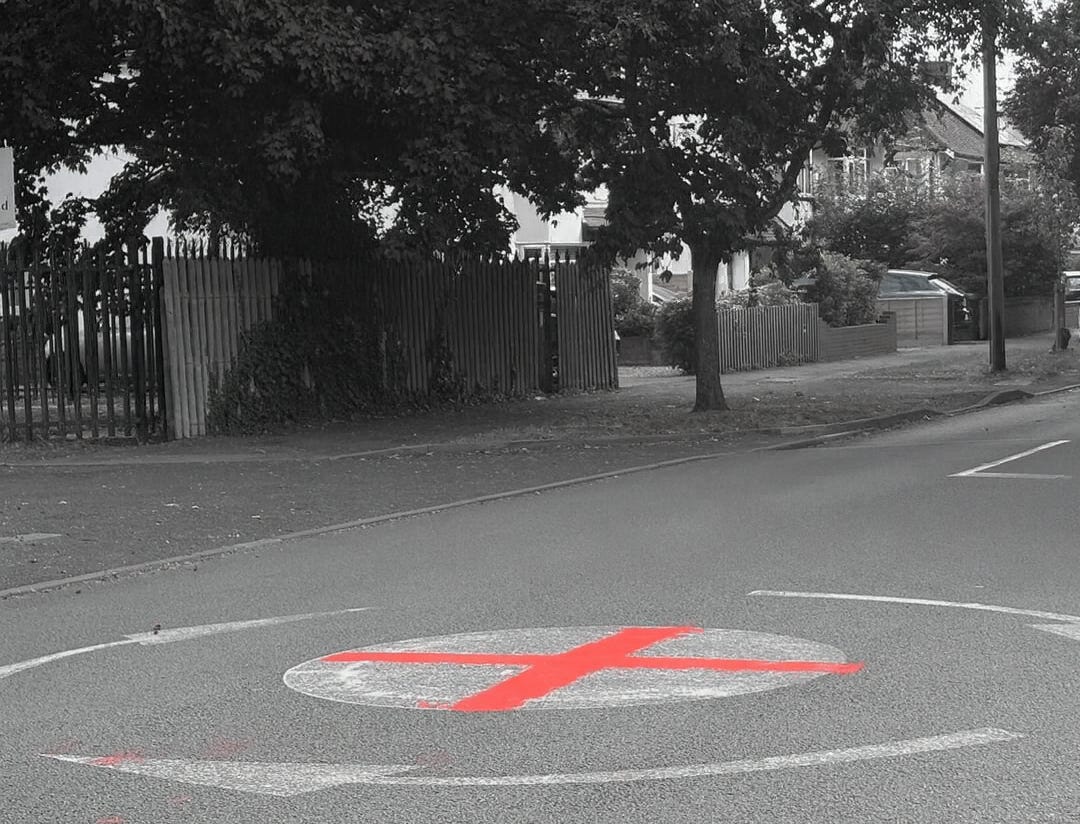As St George Flags and Union Jacks spring up across the country - and are then promptly taken down by puritanical councils - the idea that Britain is experiencing a strange form of tyranny has begun to percolate. The phrase, “when your own flag is a symbol of resistance, you are living under occupation” has been thrown around, and there’s an emotive resonance beneath it.
Flags are symbols, both in the literal and metaphorical sense, and as “Operation Raise the Colours” spreads across England, it would be easy (as the commentariat often likes to do) to ask who is coordinating this, and what their goals are.
When people speak about patriotism today, they can imagine it as something stage-managed from above; flags waved at official ceremonies, sombre speeches on Remembrance Sunday, the carefully airbrushed iconography of monarchy.
But in Britain, many of the strongest expressions of national loyalty have not been orchestrated by the state at all. They have come about when ordinary people, concerned with their immediate communities, have acted in ways that later revealed a deeper political truth: that patriotism is spontaneous.
Keep reading with a 7-day free trial
Subscribe to Rookery Review to keep reading this post and get 7 days of free access to the full post archives.



